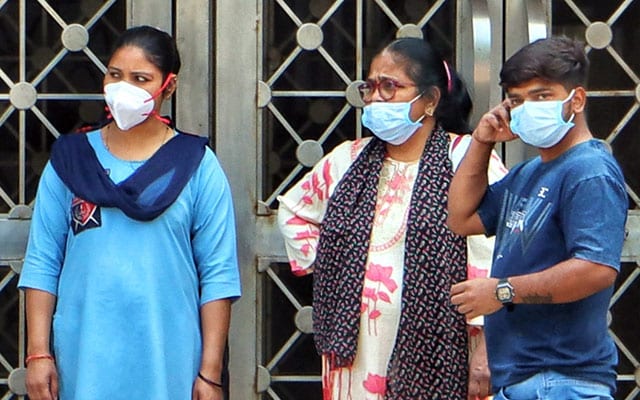New Delhi: After three long gruelling years of Covid-19, the World Health Organisation (WHO) on Friday declared that the pandemic is no longer a public health emergency.
Covid-19 was declared a public health emergency of international concern (PHEIC) in January 2020. About six weeks later, it was characterised as a pandemic. The deadly disease has to date infected over 763 million and claimed more than 6.9 million lives globally.
Based on a decreasing trend in Covid-19 deaths, related hospitalisations and intensive care unit admissions, and the high levels of population immunity to SARS-CoV-2, WHO Director-General Tedros Adhanom Ghebreyesus on Thursday recommended ending the health emergency at the 15th meeting of the International Health Regulations (2005) (IHR) Emergency Committee.
The Committee’s position has been evolving over the last several months. While acknowledging the remaining uncertainties posted by potential evolution of SARS-CoV-2, they advised that it is time to transition to long-term management of the Covid-19 pandemic.
“For more than a year the pandemic has been on a downward trend,” Ghebreyesus said at a news conference on Friday.
“This trend has allowed most countries to return to life as we knew it before Covid-19.
“Yesterday, the emergency committee met for the 15th time and recommended to me that I declare an end to the public health emergency of international concern. I have accepted that advice,” he said.
The SARS-CoV-2 virus will, however, continue to have pandemic status like HIV.
Although there has been a fresh surge in Covid cases, due to Omicron sub-variants XBB.1.15 and XBB.1.15, both infections and deaths have been the lowest in the three years.
Yet, more than 3,500 people died in the last week of April and billions remain unvaccinated.
The WHO chief also expressed concern that surveillance reporting to WHO has declined significantly, and that there continues to be inequitable access to life-saving interventions, and that pandemic fatigue continues to grow.
Meanwhile, many countries have also ended their states of emergency for Covid. The US also aims to lift its Covid emergency on May 11.
Read more:
‘100-year-old BCG vaccine does not protect against Covid-19’
Explained: Why obesity is linked to Covid-19 severity
Extracts from 2 wild plants can block Covid-19 virus: Study
US FDA on one-shot COVID-19 vaccine – 5 questions answered
Ottawa: Canada approves first bivalent Covid-19 booster

















